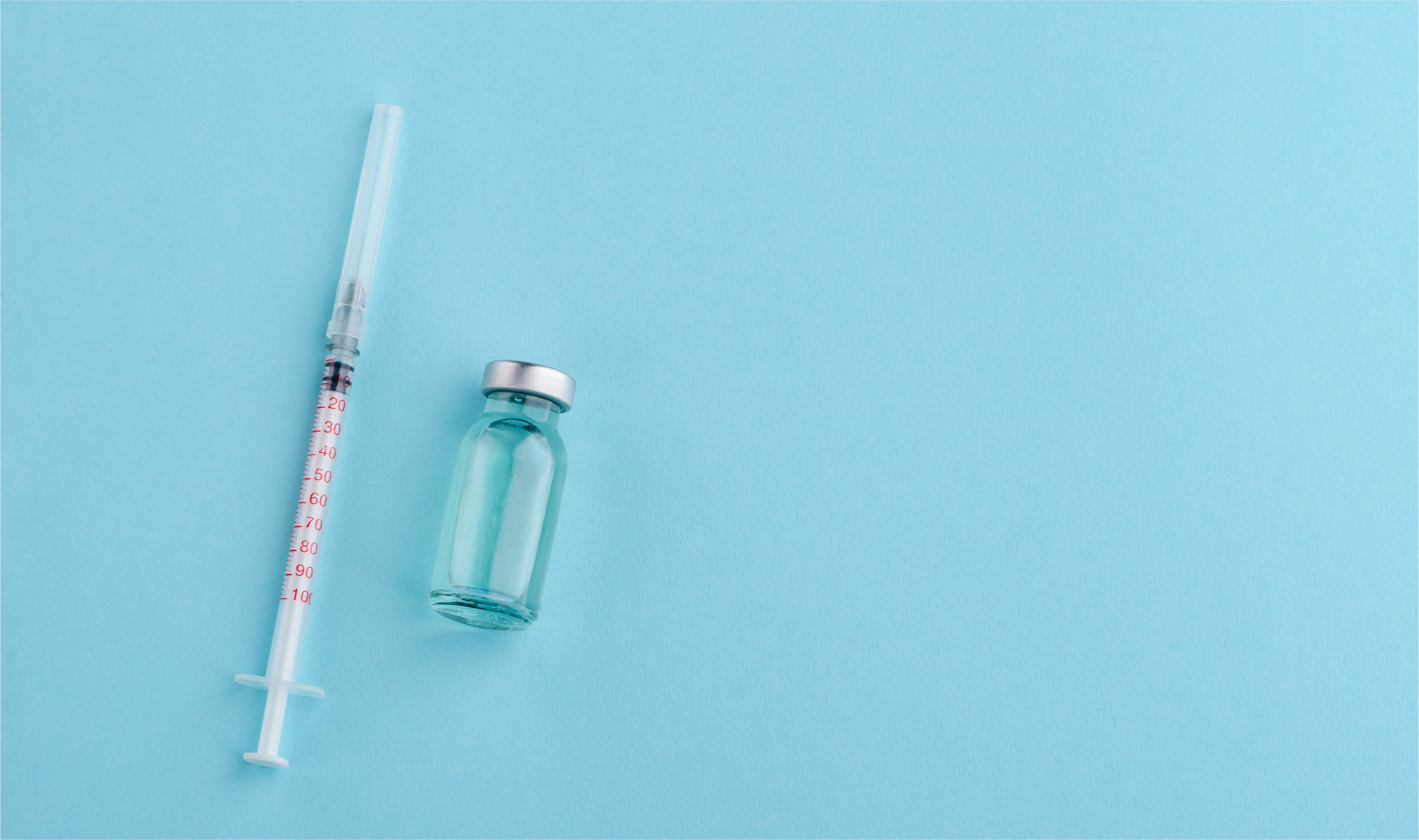
 Although the flu vaccine will undoubtedly help the elderly population in regard to COVID-19, children who have the vaccine will also be unable to pass on their germs to the more vulnerable
Although the flu vaccine will undoubtedly help the elderly population in regard to COVID-19, children who have the vaccine will also be unable to pass on their germs to the more vulnerable
The British Association of Cosmetic Nurses' (BACN) membership is now at an all-time high, with over 900 members. The admin team, Gareth Lewis and Tara Glover, will be sending out a short survey to capture membership characteristics.
In more recent events, the BACN are responding to the Committee of Advertising Practice (CAP) and the Broadcast Committee of Advertising Practice's (BCAP) call for evidence or responses with regard to cosmetic interventions and having a mandatory age-based restriction. They are consulting on introducing new restrictions prohibiting the advertising of cosmetic intervention from being directly targeted at the under 18s population. The Advertising Standards Authority (ASA), which administers the CAP and BCAP codes, has asked the BACN for its response. The consultation period will close on 22 October 2020 at 5pm.
The BACN opposes any form of targeting that is directly focused on the under 18s for many ethical, physical and psychological reasons. We are also aware of the influence that these advertisements may have on vulnerable children and young adults, especially in regard to body image and the potential harm that can be caused if treated by unqualified non-medical professionals.
Medical aesthetic nurses have indemnity cover for treating patients over the age of 18, and if they are involved in treating adolescents, it is for a medical reason (i.e. functionality, scarring, skincare, hyperhidrosis, etc).
COVID-19 and influenza in the winter season
Meanwhile, the influenza season fast approaches, and we are still in the grips of a pandemic. Ensuring that we have the flu vaccine to reduce the risk of seasonal influenza is paramount. Analysis of data from Public Health England from January to April 2020 found that patients co-infected with influenza and COVID-19 were at a higher risk of severe illness, with the risk of death more than doubling in older patients (Iacobucci, 2020).
There are plans for a scaled-up vaccination drive across all media platforms. The ‘Just the Flu’ campaign will be launched in early October, reinforcing the seriousness of flu, advising people to re-evaluate their risks and reminding them that vaccination against flu is the best protection for themselves and those around them.
Flu vaccine safety
The goal is to attain high vaccination coverage, with 30 million of the population, including near universal coverage among healthcare professionals and other high-risk groups for COVID-19. Gotin and Salmon (2020) state that vaccination can reduce the risk by 40–60%. It also reduces the pressure on the NHS regarding hospital admissions.
Overall, flu vaccines are safe, and although there is a risk for those with egg allergies, there is plenty of data to support the safety of these vaccines. The risk of anaphylaxis due to the ‘egg’ component is extremely low. The vaccine is grown on an egg and contains little to no egg when it is administered. Medicine information states that adults and children older than 9 years with egg allergy can also be given the quadrivalent inactivated egg-free vaccine, Flucelvax® TETRA, which is licensed for use in this age group (Gov.uk, 2019).
The split virion, inactivated quadrivalent influenza vaccine (Sanofi Pasteur) has an ovalbumin content of equal to or less than 0.05 micrograms per 0.5 ml dose, and therefore can be considered as safe for use in patients with an egg allergy.
Vaccines for the young and old populations
Vaccine choice and rationales are provided by the Joint Committee on Vaccine and Immunisation Advice (JCVI). They explain which vaccine to use.
For the older population (over 65 years), the adjuvant component is added to a trivalent to create a stronger immune response, hence its preference for that age group. On the other hand, the quadrivalent provides four strains (versus the three of the aforementioned trivalent), so it is preferred in young patients (under 65 years). So, older patients get less coverage compared to the four strains for younger patients but the adjuvant added makes the other three strains work more effectively and the elderly population benefit from this (JCVI, 2020).
» Children under 6 months do not have a mature immune response, so therefore cannot provide the antibodies needed post-flu vaccine «
Children can be complicated. The live vaccine (nasal) works really well in younger children and is the preferred option. It has the best immune response and is convenient to administer.
The vaccination of children will help reduce the number of admissions of children with flu—as well as the number of elderly patients admitted, as children will be less effective in spreading their germs to their grandparents.
As the live vaccine is ‘live’, it is best to avoid giving it to children with a severe immunocompromised status.
Children under 6 months do not have a mature immune response, so therefore cannot provide the antibodies needed post-flu vaccine; thus, there is no benefit in vaccinating them. They get their antibodies from their mothers during pregnancy or fed through breast milk. Vaccinating pregnant women is a priority in helping to protect future newborns.
If you are not eligible for a free flu vaccine, depending on which community pharmacy you attend, prices are in the region of £9–£15. Please protect yourself, your patients and your family—have the flu vaccine.
An uncertain future
We may know more about COVID-19 than we first did in March, but as the ‘R’ number and the spikes of infection across the four counties keep increasing, the devolved governments are continuing to bring in new guidelines to try and control the spread. A collective responsibility is being encouraged through the use of emotive phrases such as ‘Don't kill your nan’, or the very visual infomercial from the Scottish Government involving slime as a metaphor for the virus and how quickly it can spread. If that does not work, there are always fines.
In his Radio 4 broadcast, A Point of View, on 25 September, Tom Shakespeare said, ‘the Coronavirus epidemic is a nasty kind of social experiment’. No one can deny the inequalities that have been exposed and publicised, forcing us to contemplate our attitudes and examine our own behaviours. We are at a crossroads as business owners and nurses. COVID-19 risk is a continuum, and it will remain a part of our professional and personal lives for the foreseeable future. Mitigation of that risk to protect ourselves, our patients, our friends and our family is the only way to curb the spread.



